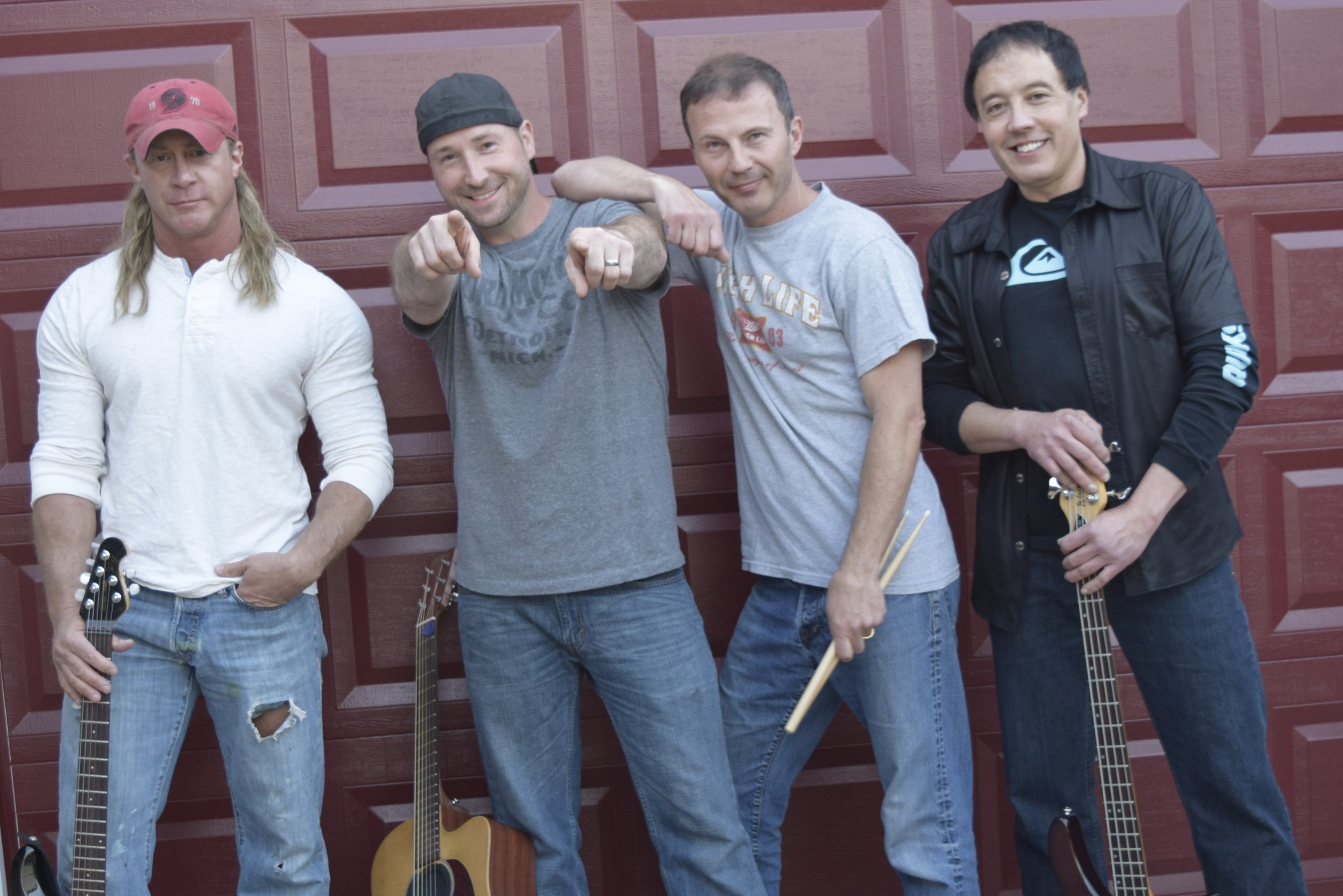Country music may be dominated by white people, but it was created by and for the Black community.
This particular genre of music is filled with white musicians who make music for people who look like them, and for the most part, that is perfectly fine. The issue is the erasure of the Black impact on not only the creation of the genre but the rise of it in mainstream music. The whitewashing of cultural impacts led by Black people is not a new concept, but the country music industry has made no effort to address this or even acknowledge it.
The relationship between Black people and country music began centuries ago. In fact, Black people in the rural South helped create country music and remain avid fans today, according to Pamela Foster, author of the book, My Country: The African Diaspora’s Country Music Heritage. The sound was originally created by African-Americans living in the rural South, employing elements of the blues (also created by Black people) and the banjo—originally an African instrument.
While it can be argued that a genre such as hip-hop was born specifically from an experience of Blackness—and that it emerged, in part, to give voice to that experience—country music was not born from an experience of whiteness. Even decades before the first country performer on Grand Ole Opry the longest running radio show in U.S. history, DeFord Bailey, so-called Black “hillbilly” artists were ubiquitous around the South, performing string-band music at picnics, square dances and parties.
The book Blues People by LeRoi Jones, also known as Amiri Baraka, artfully explains the historical connection between Black culture and American music such as blues, country, jazz, rock and roll and the list goes on.
Historians acknowledge that country music is derived from a melting pot of cultures. Mountain or hillbilly music, in particular, combines the ballads and folk songs brought to the South by immigrants from the British Isles in the 18th and 19th Centuries and the rhythmic influences of African immigrants. The banjo, which mimics the banjar played in Africa, was invented by Southern Black people in the late 1690s. Slaves also played the fiddle, which was introduced to them by their white masters.
A famous Black musician, Ray Charles, was one of the original country artists. Labeled as one of the 100 most influential country singers in Life magazine in 1994, he also had one of the first country albums to sell over a million records. Charles had childhood immersed in the sounds of jazz, blues, gospel and country. To him, the boundaries between those styles of music were made to be crossed, and he made a career out of doing just that.
Elvis Presley, who was known to blend country and rock and roll, is known as one of the greatest artists of our time. Though he may have the sales and popularity that still lingers, his music was greatly influenced by the Black community. He owed much of his success to the fact that he was a white man performing Black music for a mass white audience largely unwilling to accept—let alone support—rock and R&B performed by its Black originators. Presley started his career by doing covers of songs from Black artists such as Chuck Berry. One of his most notable songs “Memphis, Tennessee” that charted on Billboard is actually a Chuck Berry song that never garnered much public attention.
It’s understandable that a genre that now has long-standing roots of racist exclusivity would be uncomfortable with opening “their” music to others. The genre rose to the mainstream eye in an era of civil rights and ongoing segregation. As more white people began to revel in country and find a sense of relatability, the Black sound became washed away and replaced.
Today when you google the top country artist you see Kacey Musgraves, Blake Shelton, Luke Combs, Tim McGraw, Carrie Underwood, etc. None of these are Black people.
Recently, Lil Nas X released a song called “Old Town Road” that brings back the Black voice that country originally had while also keeping a modern tone. Despite this song being authentically country, it was removed from the Billboard Country charts because “it does not embrace enough elements of today’s country music to chart in its current version,” said a Billboard representative.
It wasn’t until Billy Ray Cyrus, a well-known country singer, joined on a remix of the song that it became to be recognized by the more “elite” country organizations. Unfortunately, there is no way to prove whether or not it was the addition of a famous white voice, that the song needed be co-signed by an established country artist or a combination of both.
It is clear that country music is not fully ready to embrace the Black community. The only respectful solution is to acknowledge their roots and give credit to the people who crafted the sound. Music is meant to bring communities together not close the doors on the artists who dare join.
If it is perfectly fine for Post Malone, a white rapper, to head the Billboard rap charts, then artists such as Lil Nas X can dominate the country charts.







Lil’ Nas X’s “Old Town Road” country? Nah, sorry, but good try. You see it’s mainly because of the scale the song was composed in. If you listen to the chords closely, it resembles something more like an alternative rock song than country (and obviously an element of trap with the drums n bass), but hey I’m a musician, so I’m sure most people simply won’t get it, or simply can’t articulate it. Catchy song nonetheless, but def ain’t country y’all! Don’t get mad, just listen to more country!
And please stop with all this mess about every-damn-thing having to be boiled down to race; its a losing game, and it’s really sucking the spirit out of everything. Also, if you are going talk about black country artists, try talking about one of today’s country’s best artists who actually happens to be black (and you can hear him on the radio); Darius Rucker! C’mon now!
Also, I bet 100% the Billboard Country charts caved to put it on the list to avoid accusations of racism, but hey that’s the black and white world we live in, no pun intended!
BTW Florida Georgia Line and Riley Green say they consider it country since it’s essentially a story telling song, and I guess I can respect that, barely…
Country and western had its origin in part in black music such as the blues, but also from folk music from the Appalachians. To say it was created by blacks outright simply isn’t correct.
It’s understandable that a genre that now has long-standing roots of racist exclusivity would be uncomfortable with opening “their” music to others.
The only standing in the way of a greater black presence in C&W is blacks themselves.